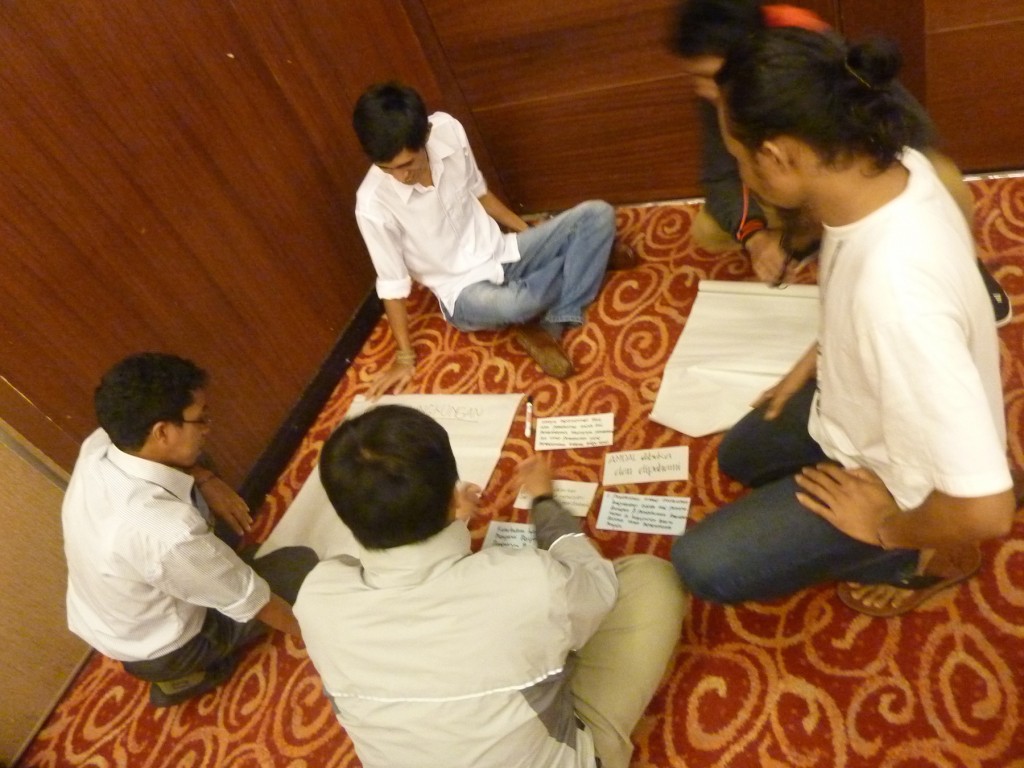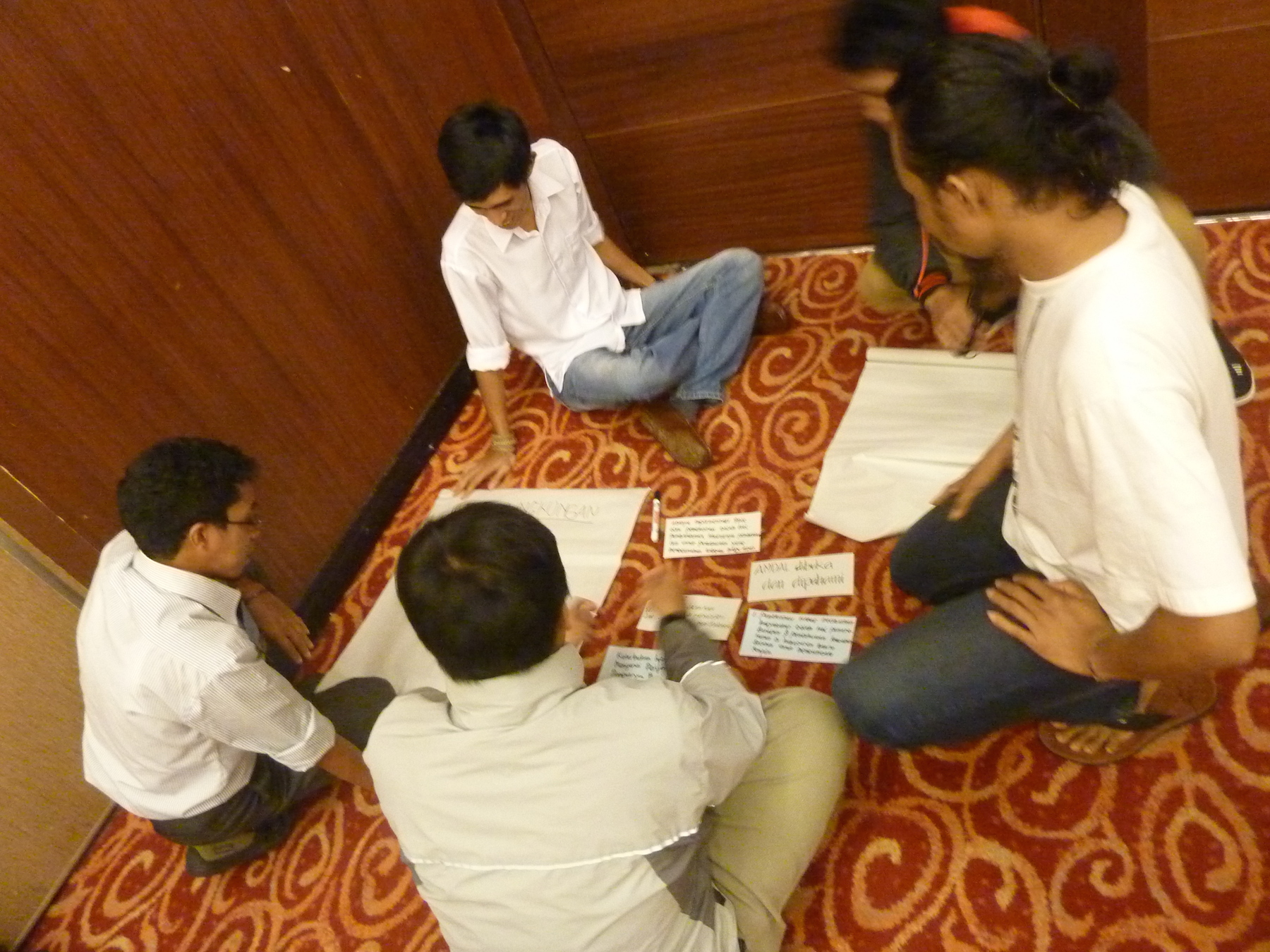Problem Mapping and Networking

Perception of Openness
The implementation of openness in the regions has been quite a lot with various specific issues being pushed by CSOs (Civil Society Organizations) in each province since the enactment of the 2008 Public Information Disclosure Act. However, in its implementation, there are still obstacles and resistance. at the provincial/district/city level by the government and local actors.
The government is still reluctant to implement information disclosure in the regions which shows the slow pace of UU KIP at the provincial/district/city level. The role of CSOs in promoting transparency is felt to be quite large through testing access and information disputes, such as in South Kalimantan province which was pushed by POKJA 30 and NTB by FITRA NTB. In addition to the access test, the success of CSOs in encouraging the implementation of openness can also be seen in the Provinces of Bali and NTB where the Sloka Institute and FITRA NTB succeeded in overseeing the formation of Provincial Information Commissions in their respective regions.
Challenge
The closedness faced by civil society actors in the regions is not only impacted by the behavior of the government but also by political parties and universities in each region. Weak law enforcement over the Information Commission’s decision is also considered to be a quite difficult obstacle so that even in an information dispute, the party requesting the information has won the lawsuit, the party being respondent refuses to provide the information available. This can be found during the POKJA 30 test on access to information on political parties in East Kalimantan and the test on access to Mataram university supported by FITRA NTB. The refusal to provide information has even continued into an information dispute whose decision has not been complied with by the party requesting the information.
Another obstacle found in the implementation of UU KIP is the lack of infrastructure, both from the presence of PPID, Provincial Information Commission, as well as geographic and technological access in requesting information for vulnerable people or special groups. For example, in South Kalimantan where the Provincial SK KI already exists but has not yet been issued to this day.
Apart from access, the government’s behavior which always makes excuses for not having a budget is also a problem resulting from a lack of understanding which information can be disclosed and which cannot. The unprepared capacity of the government and the complexity of the bureaucracy that exists when requesting information are also part of the challenge.
Lack of understanding by the government, private sector, and education providers regarding information as public property is also found in various places. An example is the government’s fear that when the APBDes is published, the information will be used by bad actors. The government’s reluctance to publish its budget was found from the village, district/city to provincial level governments. This reluctance also shows that information is an asset that those who own it are reluctant to share because of their reluctance to share their roles with the community. Reluctance by the government has also had an impact on CSOs to prioritize assistance and technical assistance for those who are open enough, as was done by PIAR NTT in East Nusa Tenggara. Open reformers or champions encourage the acceleration of existing good practices.
Weaknesses in the implementation of openness are not only in the government or the private sector but also in civil society where CSOs do not use existing channels and request information through back channels so that the system which still has many weaknesses is not used.
Especially at the legislative level, the unavailability of a format from the DPRD to accommodate people’s aspirations is a particular weakness.
Further reports from the Central Region OGP Workshop can be downloaded via the link below.





